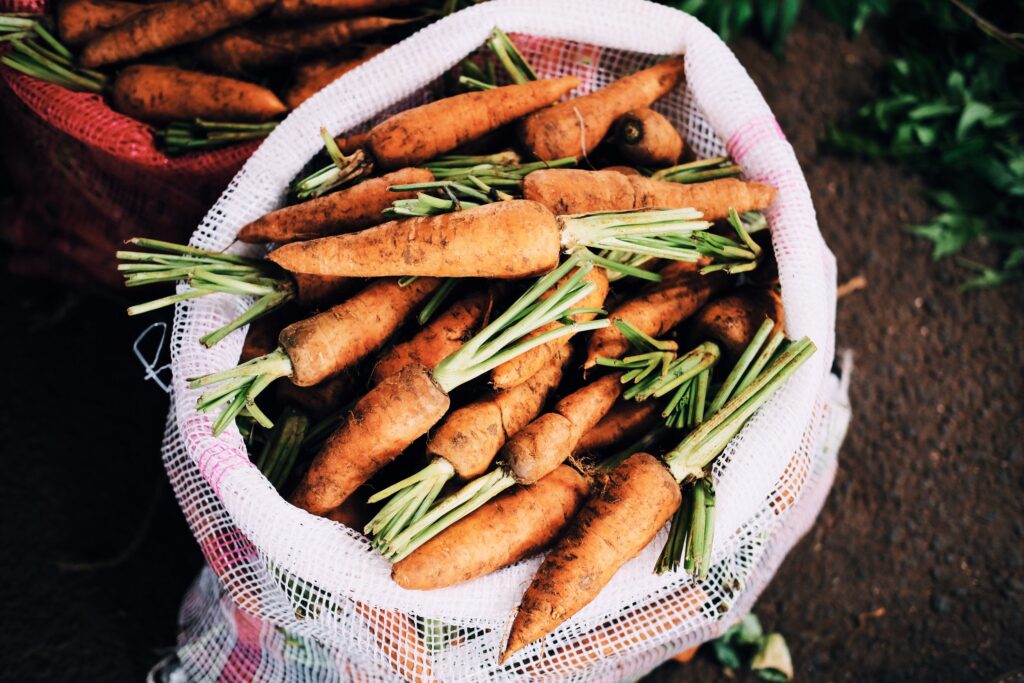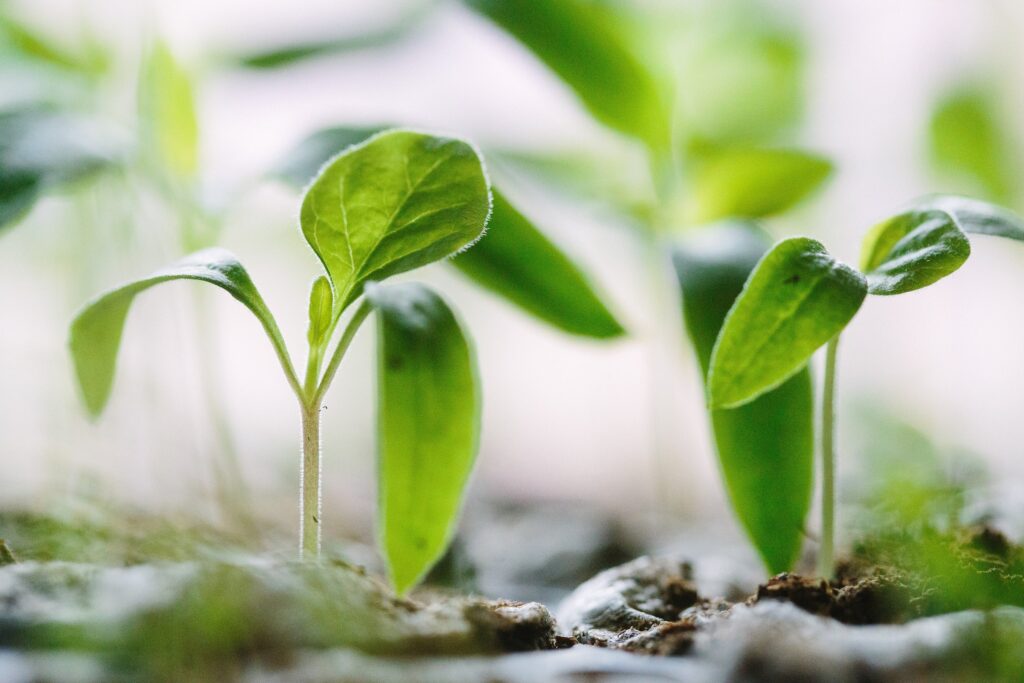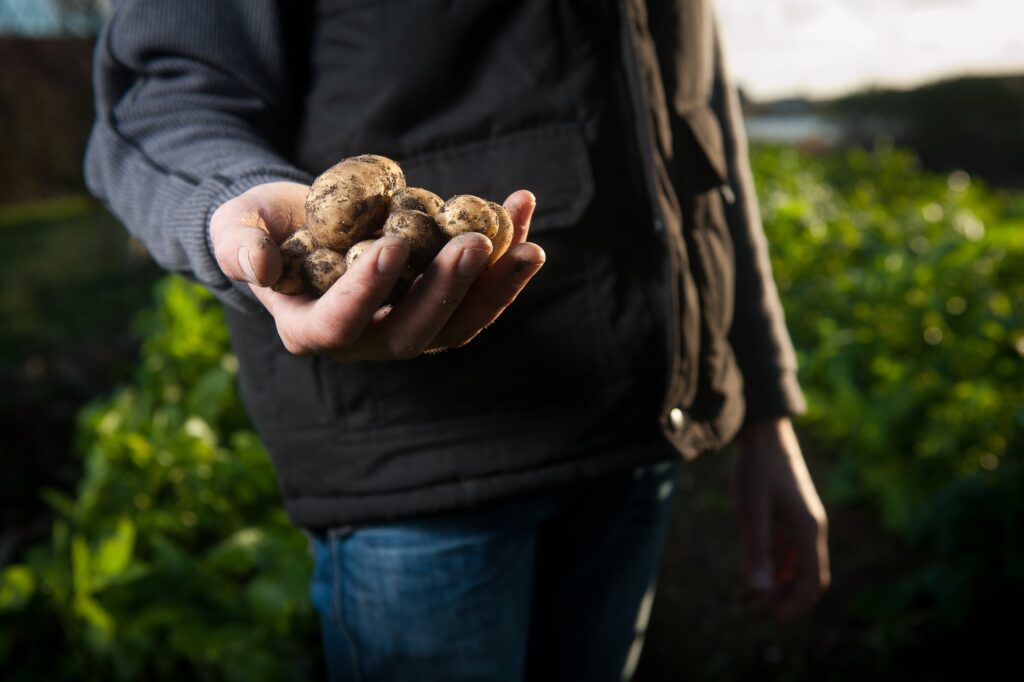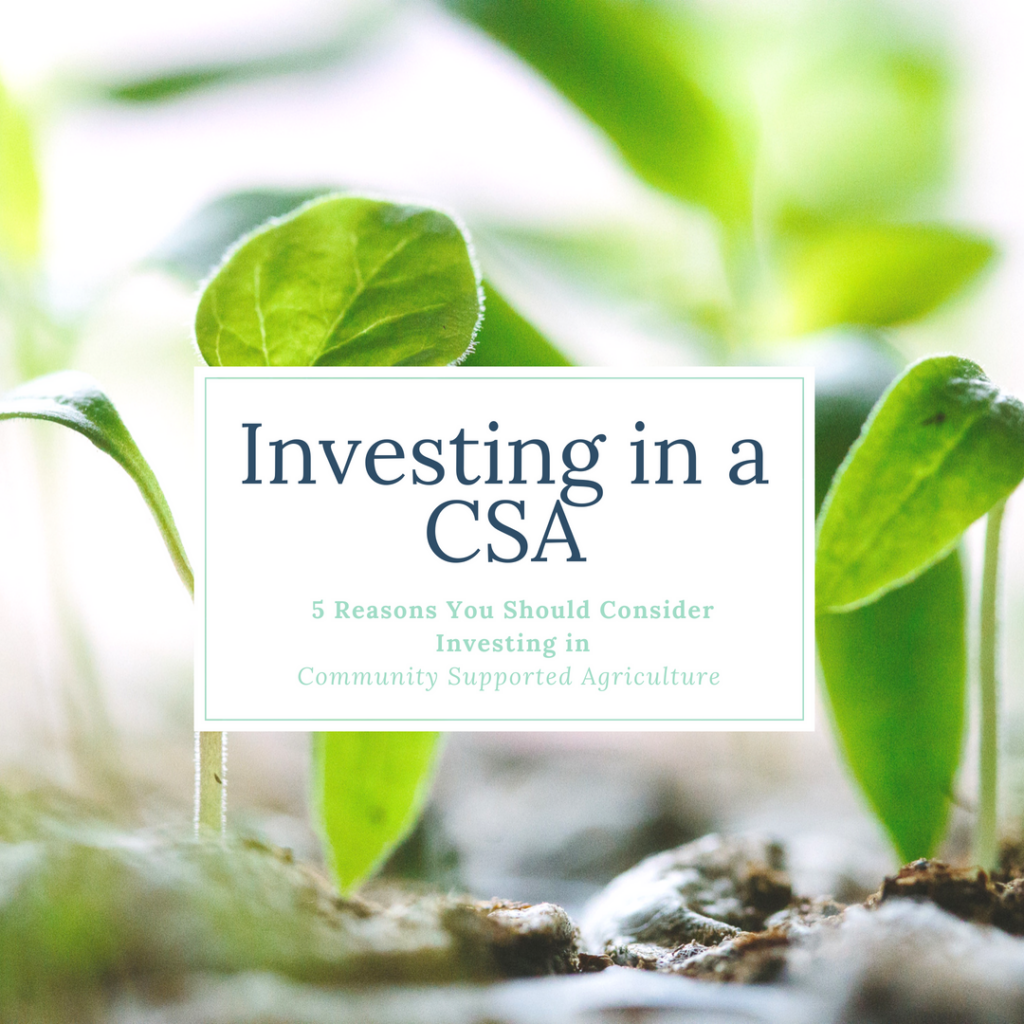Podcast Features
What do you want to learn more about?
Mentorship Program, 1:1 Nutrition Coaching with Alison
The Wholesome Journey - Group Nutrition Coaching Program
June 21, 2018
Alison Tierney, MS, RD, CD, CSO
Alison is a registered dietitian, board-certified in oncology nutrition, and a cancer thriver. Her expertise in oncology nutrition and personal experience with her own cancer diagnosis and its treatment provide her with the unique perspective of being able to relate to her clients on an entirely different level. Her content is consistently focused on evidence-based guidelines and seeks to increase the awareness of the power of nutrition to complement traditional cancer therapies.
- Alison Tierney, MS, RD, CD, CSOhttps://wholesomellc.com/author/alisonwholesomellc-com/
- Alison Tierney, MS, RD, CD, CSOhttps://wholesomellc.com/author/alisonwholesomellc-com/
- Alison Tierney, MS, RD, CD, CSOhttps://wholesomellc.com/author/alisonwholesomellc-com/
- Alison Tierney, MS, RD, CD, CSOhttps://wholesomellc.com/author/alisonwholesomellc-com/
Finally, summer is here and the sun is out. We’re super excited to be able to say that we are beginning our third season as CSA share members of High Meadow Farms!
For those of you who many not know what a CSA is, it stands for “community supported agriculture”. As share members, 20 weeks of out of the year we get a delivery of fresh organic fruits and vegetables from a local farm. It’s a great way to support local businesses while getting some of the freshest produce around.
A lot of people are surprised when we tell them we get 20 boxes of produce, since we grow our own gardens. But I’m always overjoyed when our refrigerator is FULL of healthy options and we can’t say “there is nothing to eat in this house!”
Plus, we get to try new vegetables we would normally walk past in the grocery store, such as: kohlrabi, garlic scapes, beets & beet greens, fennel, and so much more! If we realize we don’t like something, our CSA even allows us to customize our box each week by adding or removing certain items. We can also purchase fresh tortillas, quinoa and grains from other local farmers our CSA is partnered with.
Here are a few more reasons to consider investing in a CSA:

1. Increased Profits for the Farmer
If you think about how much work goes into getting a package of strawberries to your local grocery store, it’s actually quite daunting. The packaging, transportation, marketing to sell the produce, driving to the grocery store to purchase the strawberries, etc. Eliminating a lot of these steps means more profit can end up in the grower’s pocket. In turn, the farmer can then reinvest into their business/farm and continue harvesting delicious food for you and your family.
When you sign up for a share, the payment early in the season helps the farmer fund the crops and equipment for that year and/or season. Currently, we only participate in the summer share, but I know many farms offer early spring and even winter shares.
2. Less CO2 Emissions
In the U.S., the average distance a meal travels from the farm to the dinner plate is over 1,500 miles (1). That’s a long way to transport fresh food! Think about all of the energy required to refrigerate produce long enough to make it to your local grocery store. Our CSA farmer travels only 23 miles to get to our front door.
Food for Thought: Have you ever seen this fun little video? It’s an interesting take on the life of a strawberry. While the focus in on preventing food waste, it’s still a great 1 minute clip.
3. (Almost) as Fresh as You Can Get
Depending on where you live, how much outdoor space you have, and how much time you have, not many people can walk out their back door, pick a fresh cucumber from the garden and immediately add it to a salad. When it comes to “fresh from the farm to the table”, a CSA share comes pretty darn close.

If produce needs to travel 1,500 miles, a farmer must pick the produce while it is still unripe to make it look perfect for a consumer. While it’s in transport, the produce is gassed to “ripen” it or the food is highly processed in factories using preservatives, irradiation, and other means to keep it stable for transport.
If you eliminate the 1,500 miles, your produce will be harvested when it’s ripe and in your hands within a day or so of being picked. This means better flavor and more nutrient-rich produce which translates to more disease fighting properties!
4. Less Exposure to Harmful Chemicals
A large percentage of CSA farmers use organic practices. While there are many schools of thought when it comes to organic vs. conventional, we don’t want to get too deep into that rabbit hole right now.
What we do want to focus on is the fact that when chemicals are used to grow our food, residues remain on, and in, the food we eat. Therefore, Wholesome likes to make it a priority to use organic produce when possible because it contains fewer chemicals such as fungicides, herbicides, and insecticides. Organic foods also tend to have more beneficial nutrients, such as antioxidants, than their conventionally-grown counterparts. It all comes down to this: the more nutrients, the more disease fighting benefits!
Food for Thought: One of the more recent podcast episodes that blew our mind was Rich Roll’s Podcast #353 with Dr. Zach Bush. We learned a lot about the impact of chemical pesticides on the human gut and the long term effects these chemicals can have on our immune system. We encourage you to give it a listen!

5. Understanding Where REAL Food Comes From
Last year, I went to High Meadow Farm on one of my days off to help the team harvest beets. Needless to say, I learned a TON about beets…..and I was shocked how much I enjoyed it! And from that one visit, I really can appreciate my CSA box that much more because I saw how much hard work and dedication went into harvesting just one of the items in our box for that week.
A lot of farms even offer events for share members and the local community. It’s a great family outing and an even better opportunity to educate your kids where food comes from, in a fun interactive way. Help embed a lifetime of understanding and appreciation of food, look into investing in a CSA today!
——-
There are many more reasons why we think you should join a CSA, but those are our top five.
If you are interested in finding a local farm that offers CSA shares, visit Local Harvest. If there aren’t any local CSA options, we encourage you to give your local farmers markets a try.
❤️l a u r e n
Resources:
-
“Organic Foods: What You Need to Know: The Benefits and Basics of Organic Food and How to Keep It Affordable.” Depression in Older Adults: Recognizing the Signs of Elderly Depression and Getting Treatment, 2018, www.helpguide.org/articles/healthy-eating/organic-foods.htm.

Why You Should Consider Investing in a CSA
Wholesome LLC is not a medical practice, and its employees cannot offer medical advice. This website provides educational information but it is not a substitute for medical advice from a licensed medical professional who is familiar with your particular facts and circumstances. The information contained on this website is not intended to diagnose, treat, or cure any disease and shall not be construed as medical advice. The information and education on this website is provided for you to use at your own discretion.
You can further review our disclaimer here.
Wholesome
About Alison
Courses & Programs
The Wholesome Journey
Free Resources
FAQs
Press & Media
Recipes
Blog
Contact Us
Shop
© 2025 Wholesome, LLC All rights reserved.
Privacy Policy
Terms of Use
Disclaimer
Mobile Terms of Service